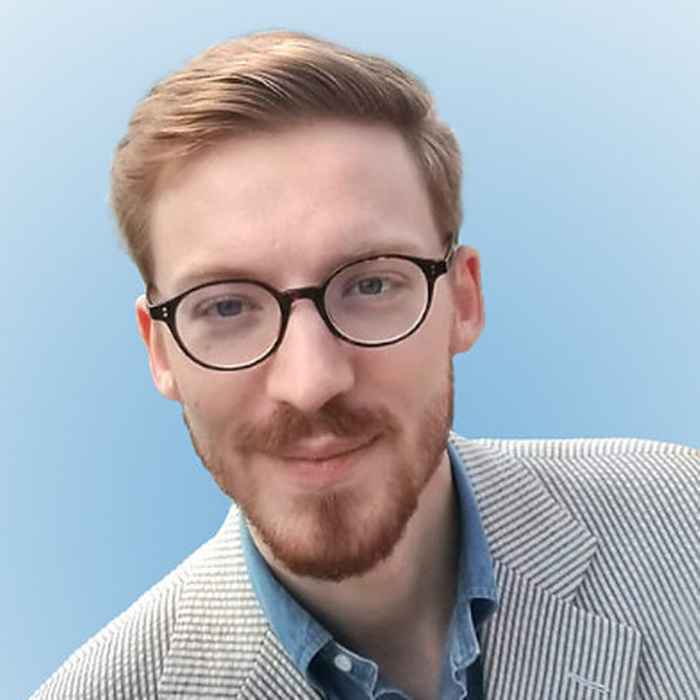Felix Bittner

I started the master with a very specific goal and that was to learn more about the statistical interpretation of evidence, DNA in particular. Over my two years of study, I think I acquired a bit of a reputation for being hyper-focused on this topic much to the annoyance and amusement of my fellow students and our professors. In the end this choice has paid of tremendously though, as data analysis and statistical interpretation of DNA evidence is now a large part of my daily work.
My master thesis was on the optimisation of a massively-parallel-sequencing SNP assay designed specifically to identify missing persons, a project at the International Commission on Missing Persons (ICMP) who had just moved their headquarters to The Hague. Because I had developed such strong data-analysis skill as well as an interest in the interpretation of DNA evidence they offered me a contract after my graduation. I think a significant part of this was also how well I could integrate into the very international team and work at the ICMP, something definitely strengthened by my experience in the MFS programme.
In the future, I would love to do a part-time PhD project related to my current work at the ICMP. For now, my path takes me further into the interpretation of massively-parallel-sequencing data as well as the statistical interpretation of SNP data in kinship analyses. It is quite a niche area in which only a few people work but that makes it all the more interesting. One day, I also hope to get involved in education.
During the master, I thoroughly enjoyed the DNA lectures of Ate Kloosterman, to have such direct and personal access to his wealth of knowledge and experience was very enriching. This is of course one of the strongest points of the MFS programme in general, students get direct access to many subject matter experts. If you are highly motivated for a certain topic the lecturers gladly offer you a lot of knowledge and opportunities that otherwise you would never be able to access!
My advice for students is therefore to pick a topic that you are interested in and learn everything you can about it. The MFS programme gives you a very unique environment in which you have access to a lot of experience and knowledge, but that also means that to get the most out of it you have to show initiative and passion.